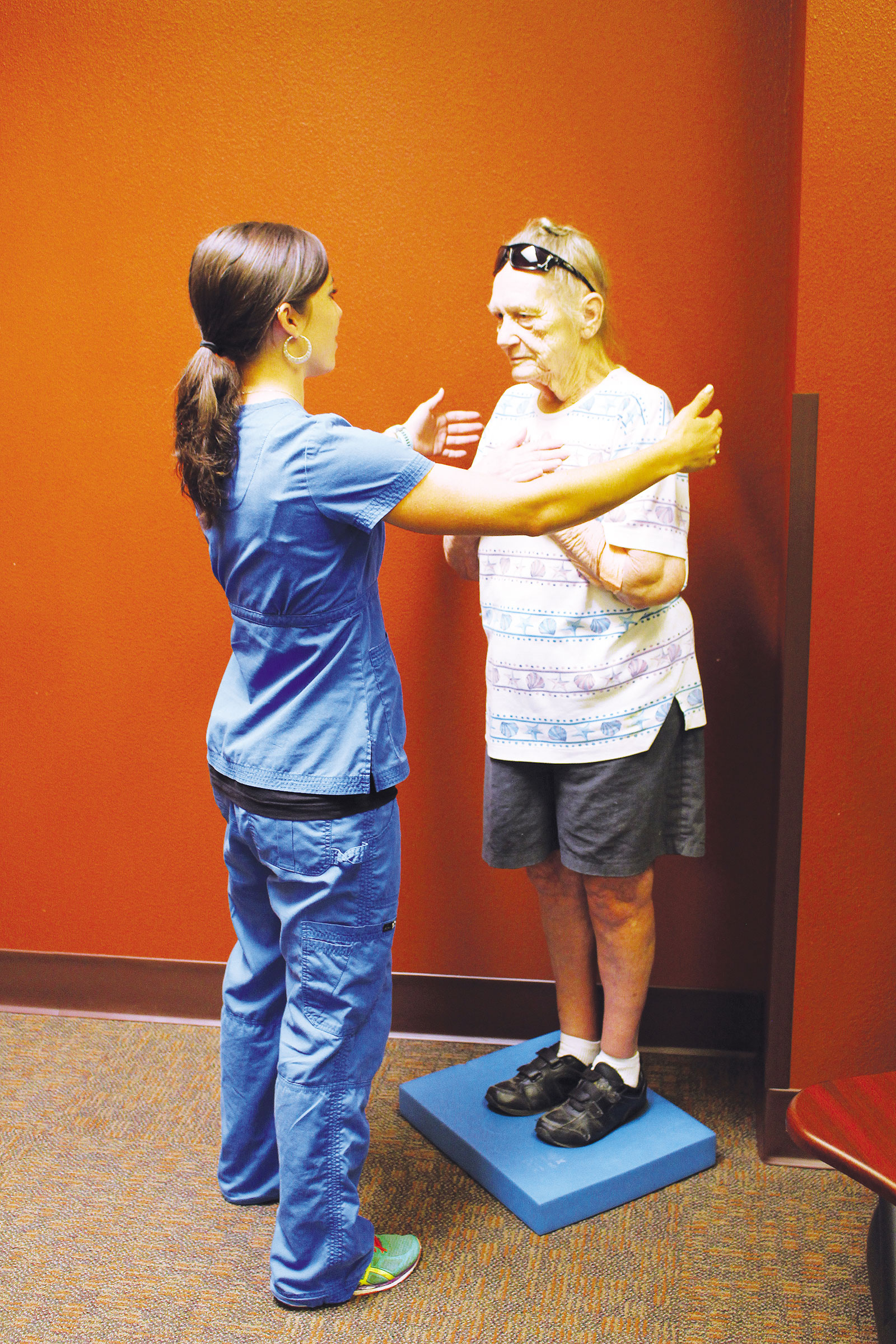In 2008, my husband, Mike, fell down a flight of stairs and suffered a disastrous brain injury. Afterward, he was like a five-year-old trapped in an 80-year-old body: he was impulsive, talkative, mischievous, stubborn and convinced—no matter how many times he fell—that he was absolutely steady on his feet and didn’t need to use a walker. Doctors told me never to leave him alone, even for a few minutes, because if he fell again and hit his head, it could kill him.
I couldn’t stay with him every minute of the day, so I hired home health aides to keep him out of trouble. They made it possible for me to walk the dog, go grocery shopping, see friends or a doctor when I needed to—and stay sane.
Some of the aides were great. Mike’s favorite was a lively young woman who was working as an aide while she put herself through nursing school. Mike was fascinated by anything that had to do with brain injuries, and she was happy to pass on what her textbooks told her. She made medical facts sound simple, and he understood a lot of what she said, but what mattered most, I think, was that she treated him with respect.
He actively disliked another aide, who ordered him around and spoke to him as if he were a child—until finally he gave her such a hard time one day that when I got home, she glowered at both of us. She never came back. I’m sure she told her supervisor she refused to care for Mike again. And that was exactly what he wanted.
When I look back now, I’m struck by how good and reliable many of the aides were. They’d had basically no training, and they earned so little that some had to hold two jobs. Quite a few were women of color, single mothers struggling to keep a roof over their heads and put food on the table. Though they never talked about it, they lived lives of constant stress.
On our side, paying for the aides was fiendishly expensive. We couldn’t have managed it if we hadn’t invested in long term care insurance years earlier.
I’ve been thinking about all of that since I read an article in the New York Times, which reported that President Biden’s proposed infrastructure plan includes $400 billion, to be spent over eight years, for long term health care that’s provided in the home or the community. Though that’s a good thing and an unprecedented amount, it isn’t enough.
Experts say that, at some point in their lives, 70 percent of older adults will need the kind of help home health aides and personal care aides provide—assistance in dressing, showering, getting around the house, making meals and so on—and they’ll need that help for two to four years. The cost for two years, on average: $140,000.
In 2019, there were 3.5 million home aides in the United States. The Labor Department estimates that we’ll need 1.6 million more over the next 10 years as the number of older adults keeps growing. However, home health agencies are already reporting a labor shortage, which isn’t surprising since aides are paid so little. And yet the cost of hiring them is too high for many elders. And that’s the dilemma.
In 2019, the aides themselves—usually hired through an agency—earned poverty wages, typically just $12.15 an hour. But it cost about $24 an hour to hire an aide (presumably, half the fee goes to the agency). That’s more than most households can afford for long, which often means that adult children—usually daughters—drop out of the workforce to provide care themselves.
Technically, Medicare should pay for aides, but according to the Center for Medicare Advocacy, it seldom does. Medicaid supposedly picks up the tab for low-income households, but states cap enrollment and how much they’re willing to spend for health aides. As a result, almost 820,000 people in 41 states were on Medicaid home care waiting lists in 2018.
As for private, long term care insurance policies, they’re not the answer. The company that provided benefits for Mike no longer sells that kind of insurance—like many other insurers, when the cost of benefits turned out to be much higher than expected, they got out of the business. I’m covered by a different company, and the premiums for my plan, which I’ve had since 2000, have gone up dramatically. The article in the Times notes that long term care insurance is “too expensive for most Americans, and … too risky for most insurers.”
For now, if Biden’s bill passes, hard decisions will have to be made. How much of the funding should go to raising the pay of home health aides, and how much to reduce those Medicaid waiting lists? It seems clear that we need longer-term solutions.
Personally, I’m hoping the bill passes, even though it’s not enough. Women like the aides who took care of Mike deserve better pay, and families need a break.
Every few years, I’m faced with a difficult choice about my own long term care insurance: I can keep the premium from rising yet again, but only if I’m willing to settle for fewer benefits. So far, I’ve resisted settling. The benefits are generous, and best of all, there’s no cap on the amount the company will pay. It’s catastrophic coverage and that’s what I want. I’m determined never to have to lean on my children for financial help.

Flora Davis has written scores of magazine articles and is the author of five nonfiction books, including the award-winning Moving the Mountain: The Women’s Movement in America Since 1960 (1991, 1999). She currently lives in a retirement community and continues to work as a writer.



